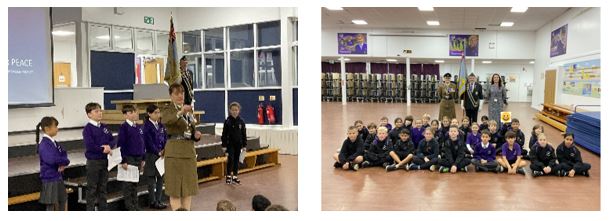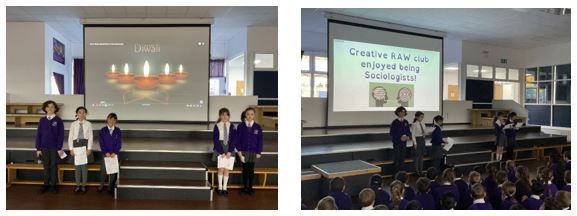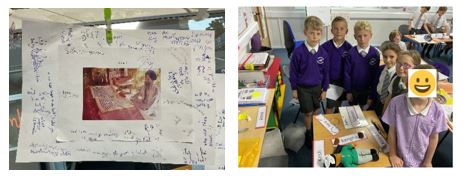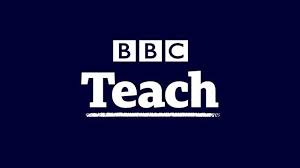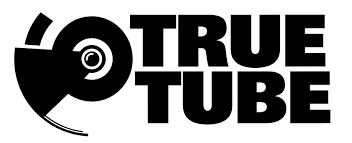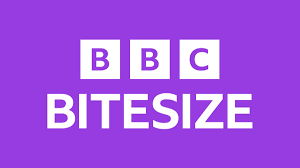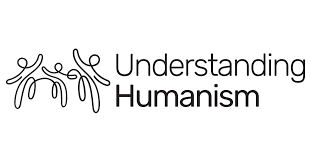Religion & Worldviews (RAW)
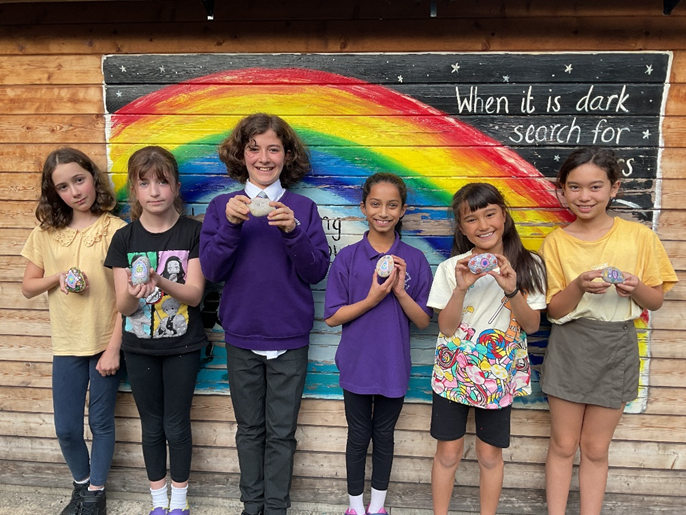
Rationale
Religion and Worldviews gives children and young people in our school a unique opportunity to reflect on and learn from the faiths and beliefs of those around them. World and local events reported through the media engage the curiosity of all students and cause them to question how such events can happen: in these days we are all too well aware of the migration of people who make our country their new home, and the many complex and varied reasons for this. Effective Religious Education has much to offer our children and young people as they prepare for life in this rapidly changing world, where critical thinking and discernment will be ever more important and valuable.
We want to develop a curriculum where we offer a multidisciplinary approach to learning about religious and non-religious worldviews: theology, philosophy and human/ social sciences. By engaging with these disciples, we want our pupils to have meaningful conversations about religions and worldviews.
The multi- disciplinary lenses used through the worldviews approach help pupils to learn more and in turn know more and do more. The continued revisiting of concepts through low threat, high challenge testing such as quizzes helps to reinforce this.
Intent
The school’s vision and educational aims for religious education are to provide a rigorous academic curriculum that is ambitious, challenging, enriching and inclusive. This is in line with the school’s aim to encourage high aspirations in order to maximise progress and to enable all pupils to experience the joy of success. Our aims and visions for RAW also reflect the intent of the locally agreed syllabus which include to enable pupils to demonstrate an appreciation of the nature of religion and belief and the important contribution of religious and spiritual insights and values to the individual’s search for meaning in life, whilst acknowledging that this may also come from a non-religious perspective.
The aim of RAW in the school curriculum is to inspire people to make good choices, to celebrate differences and diversity, to share thoughts about others and to be respectful to others. We use words like ‘many’ ‘some’ and ‘most’ in lessons to show the diversity of the worldviews we teach. The intent of RAW is also to children see how other people live and to learn more about why different beliefs are important to different people. Our aim is to increase religious literacy as well as to build cultural capital.
The intended impact is to enable our children to flourish as citizens in a pluralistic and global community. The intended impact is for our pupils to learn what it means to be human: to understand each other and their place in the world. Our pupils will have a better and more rigorous understanding of religious texts, facts, food laws, spellings of key words, which will be valuable for pupils in that they will be better equipped not to offend or belittle the beliefs of others.
Implementation
The subject is taught in weekly, one-hour lessons. The Surrey Agreed Syllabus is followed with the addition of the use of the Understanding Christianity resource, which is used to provide deeper knowledge and progression of the Christianity units of study. On the whole, class teachers deliver these lessons, with the exception of the AHT’s, where Mr Smith teaches RAW lessons across the school. Regular conversations with RAW planners from each year group as well as Mr Smith, ensure that progression and high standards are consistent across the school.
This strong curriculum delivery model helps the curriculum to make sense to pupils and focus on the core concepts. This sound structure enables pupils to encounter broad and diverse examples of religions and worldviews as well as helping pupils to embed learning to long term memory through repeated opportunities, recall quizzes, revisiting vocabulary, texts and images. Concepts and knowledge are built up over time and revisited through the use of knowledge organisers, which are written by the pupils themselves over the course of each unit, as well as high challenge, low threat testing through the use of quizzes.
Our progression model is well sequenced and revisits learning through a focus on key words, concepts and knowledge. Pupils build up specialist vocabulary which is subject specific and ambitious.
This delivery model also encourages pupils’ personal development, where they learn to apply their learning to living, thus developing their own worldviews.
The way we teach RAW also aims to teach accurate representations, e.g. when teaching about Humanism, we teach about agnostics and atheists- a focus on etymology to teach the se concepts certainly helps! We teach about diversity through traditions by our use of language- some, many, more. We teach that within religions and worldviews, there are many different ways of living and that these show the pluralism of religions and non-religions.
Impact
As a result of the curriculum intent and effective implementation of that intent, pupils should know, and be able to do more than when they started.
The spiral curriculum builds on schema, vocabulary, texts and learning. Formative assessment is vital as it helps to inform planning, teaching and therefore, learning. Assessment tasks are clear and allow children to show what they know. Results from these tasks and learning from the units of study are completed by all teachers and are tracked by myself as the subject leader.
Many of our pupils are keen to talk about their RAW lessons. They understand they are learning about the beliefs of people from around the world and those in their community. Feedback from the most recent pupil voice survey, indicates that the curriculum intent is successful. Pupils said that they enjoyed learning ‘lots of new facts’ in RAW and using etymology to learn new words.
As a result of studying RAW, pupils will learn about what it means to be human. They will learn to weigh up the value of wisdom from different sources, to develop and express their insights in response, and to agree or disagree respectfully. They will be equipped with systematic knowledge and understanding of a range of religions and beliefs, enabling them to develop their ideas, values and identities.
Please click here to access our RAW Policy document.
Why is RAW important?
Year 5/6
"It’s not about what we hear or see, it’s about the true meaning of life"
"In RAW, we can learn about each other."
"RAW is important because it teaches you how to be kind to others."
“RAW is important because it teaches people to learn about the lives and views of people in the world.”
Year 3/4
"We learn about others so that we know not to say something that might show disrespect."
"I love learning about different religions and worldviews because you get to see what it’s like to be someone else."
"I enjoy knowing how some people live around the world."
“I shared information about my work in RAW with my mum, dad and older friends. I inspired my friend to be a RAW teacher.”
Links for parents:



